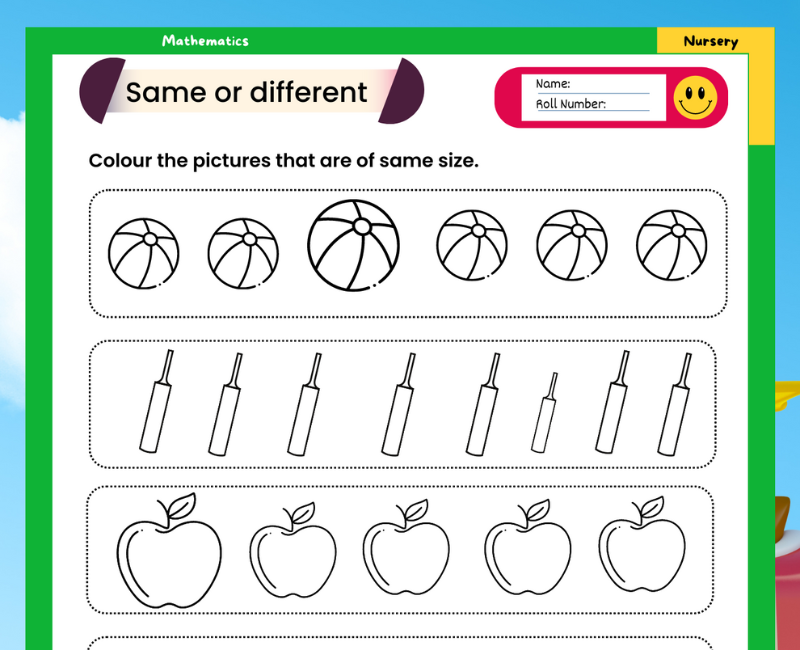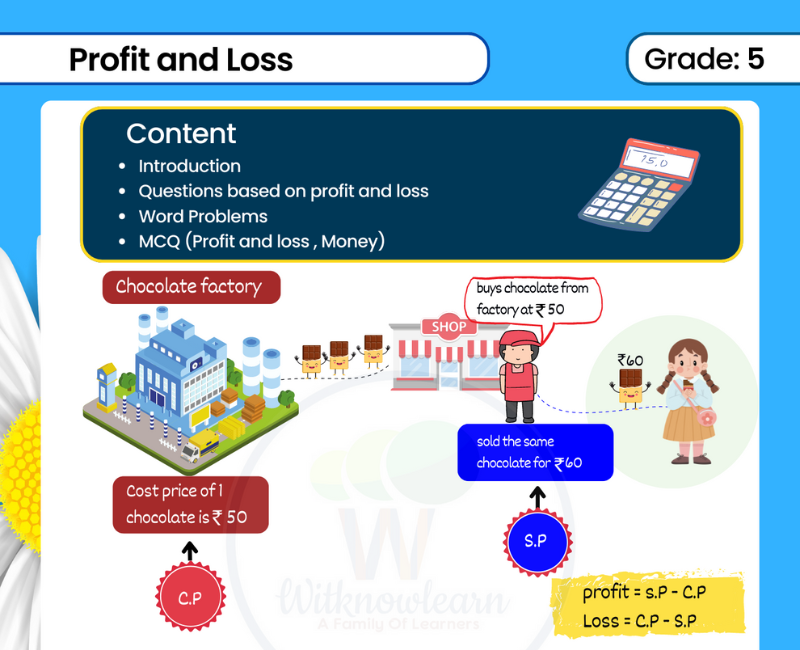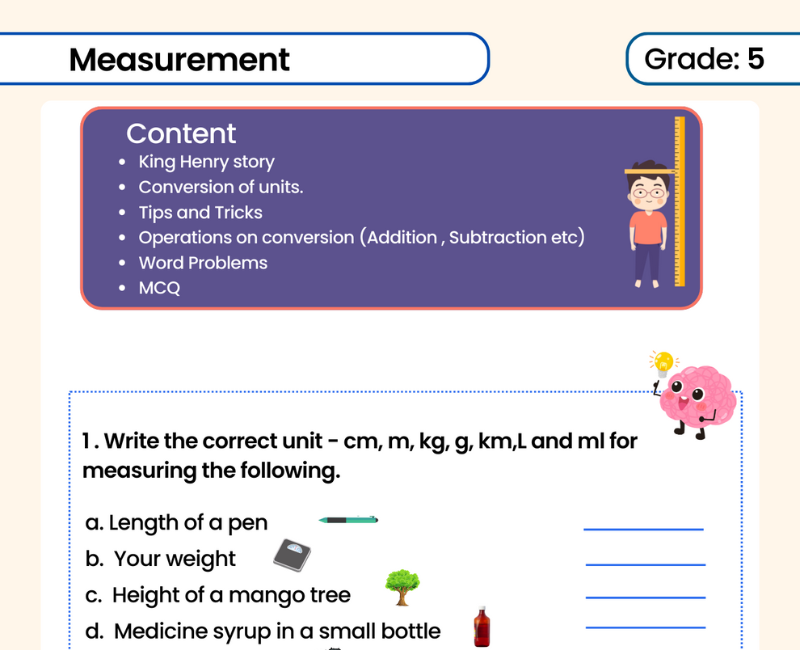Biotechnology and its Applications Class 12th
Biotechnology and its Applications is a crucial chapter in Class 12 Biology that delves into the myriad ways biotechnology impacts our daily lives. From medicine to agriculture, the applications of biotechnology are widespread and transformative. For students aiming for a thorough understanding of this chapter, the biotechnology and its applications Class 12 NCERT solutions offer an invaluable resource. These solutions break down complex topics into easily understandable concepts, assisting students in grasping the nuances of the subject. Alongside, applications of biotechnology Class 12 notes provide a snapshot of key points and essential theories, making revision more effective.
When it comes to exam preparation, nothing beats the practice of MCQs. The biotechnology and its applications MCQ can be a vital tool for students preparing for both the board exams and competitive exams like NEET. These MCQs help students evaluate their understanding of the chapter and also get accustomed to the kind of questions they may face in exams. A treasure trove of practice questions is the biotechnology and its applications Class 12 MCQ PDF, widely available for students aiming for exhaustive preparation. Moreover, biotechnology and its applications important questions collections help students focus on the main aspects of the chapter that are likely to be tested.
The Class 12 chapter 10 biology segment not only educates students about the subject but also shows them its practical applications. Therefore, understanding this chapter can be significantly enhanced by exploring biotechnology and its applications previous year questions. These questions give students a glimpse into what has been deemed important in past years and help them understand the recurring themes or topics within the chapter. For those who aim to crack NEET, the biotechnology and its applications NEET questions with solutions can serve as a robust practice ground.
In conclusion, the chapter on Biotechnology and its Applications in Class 12 Biology serves as a comprehensive guide to understanding the expansive role of biotechnology in various fields. The chapter holds special relevance for students who wish to pursue careers in biotechnology, medicine, or environmental sciences. Utilizing multiple resources like NCERT solutions, MCQs, and Class 12 chapter 10 important questions can provide students with the upper hand in mastering this complex yet fascinating subject. As biotechnology continues to shape our world in remarkable ways, understanding its principles and applications is not just academic but also essential for being an informed individual in today’s world.
Biotechnological Applications in Agriculture
Biotechnology has revolutionized agriculture, offering numerous ways to enhance crop yield, improve nutritional value, and combat pests. From developing genetically modified organisms (GMOs) to utilizing soil microbes for improved plant health, biotechnology applications in agriculture are vast and transformative. For example, GMOs like Bt cotton and Bt corn have been engineered to produce their own insecticides, reducing the need for chemical sprays. Moreover, drought-resistant and nutrient-fortified crops are being developed to address food security and malnutrition issues. Biotechnology is essentially creating a new age of agriculture that is more sustainable, efficient, and resilient.
Biotechnological Applications in Medicine
The impact of biotechnology in medicine is both far-reaching and life-saving. Biotechnology applications in medicine include drug formulation, gene therapy, and molecular diagnosis, among others. By using techniques like CRISPR for gene editing, biotechnology has opened the door for treatments for diseases that were earlier thought to be incurable. The formulation of biologics, such as antibodies, has also been a groundbreaking achievement, offering targeted therapy for a range of medical conditions from cancer to autoimmune diseases.
Genetically Engineered Insulin
Diabetes treatment underwent a revolutionary change with the advent of genetically engineered insulin. Before this, insulin was usually extracted from animal pancreases, which sometimes led to allergic reactions and other complications. Genetically engineered insulin, produced using bacteria or yeast, provides a safer and more efficient alternative. This biotechnologically produced insulin is not only more effective but also less likely to cause adverse effects.
Gene Therapy
Gene therapy is one of the most promising fields in biotechnology. It involves altering the genes inside your body's cells to treat or cure diseases. Through gene therapy, it’s possible to correct genetic defects and enable the body to fight diseases more effectively. Conditions like cystic fibrosis, hemophilia, and even certain kinds of cancers are being researched for potential gene therapy treatments. The goal is to replace or fix faulty genes with healthy ones.
Molecular Diagnosis
Molecular diagnosis techniques like Polymerase Chain Reaction (PCR) and DNA fingerprinting have improved the accuracy and speed of diagnostic procedures. These technologies are used in detecting infectious diseases, genetic disorders, and even in criminal investigations. The high precision of molecular diagnosis is especially useful in the early detection of conditions like cancer, leading to more effective treatments.
Transgenic Animals
Transgenic animals have genes inserted into their DNA from another species. These animals serve various purposes, including research models for human diseases, production of pharmaceuticals, and even for generating organs for transplants. Biotechnology has made it possible to create transgenic animals that produce larger amounts of meat or milk, thereby improving food production.
Ethical Issues
While the advantages of biotechnology are numerous, it does raise several ethical concerns. The creation of GMOs, for instance, raises questions about safety, environmental impact, and moral implications. Similarly, gene editing and cloning also invite ethical debates around the potential misuse of technology, such as creating 'designer babies' or the extinction of species.
In conclusion, biotechnology is a rapidly growing field with numerous applications that have the potential to change our lives in significant ways. However, the ethical ramifications of some of these technologies cannot be ignored and require thoughtful consideration.





